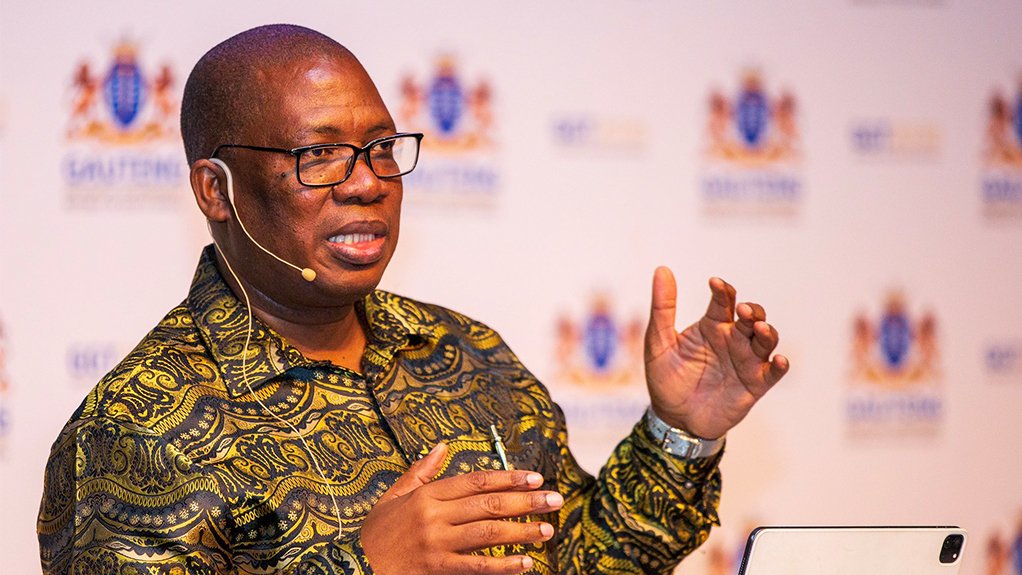Gauteng Premier Panyaza Lesufi has urged municipalities to suspend services to schools that owe significant utility debts, but he insists that interruptions should not occur during test periods to protect students’ academic performance. The Gauteng Department of Education, along with its schools, currently owes municipalities over R262 million.
Schools Struggling with Massive Debts
A written response by Gauteng’s MEC for Education, Matome Chiloane, revealed that 1,601 schools in the province are responsible for the debt. Of this, Section 21 schools owe a staggering R192 million, while non-Section 21 schools owe R69 million.
Section 21 schools are managed by School Governing Bodies (SGBs), which oversee utility payments. In contrast, non-Section 21 schools rely on the provincial department for their financial management. Critics argue that this financial mismanagement reflects poorly on both the schools and the department.
Municipalities Under Pressure
Local municipalities, already grappling with financial crises, are struggling to collect funds from customers, including government institutions. Entities like Eskom, City Power, and Rand Water have intensified efforts to recover outstanding payments by disconnecting defaulters. Initiatives like the City of Tshwane’s Tshwane Ya Tima programme have seen power cuts imposed on non-paying clients.
The education department’s massive outstanding debt is adding strain to municipalities already burdened by widespread non-payment. Michael Waters, a Democratic Alliance (DA) Member of the Provincial Legislature (MPL), accused the department of failing to monitor school finances.
“It’s concerning how these schools could accumulate such large debts. This points to inadequate oversight by the department and poor financial management at schools,” Waters commented.
Lesufi’s Appeal and Solutions
Lesufi’s request to municipalities to suspend services comes with a caveat to avoid disruptions during test times. He believes that cutting water or electricity during critical exam periods could harm students’ progress.
The department, however, has stated that it is working to address the debts. Premier Lesufi and his administration face mounting pressure to resolve the issue without compromising education or further straining municipal resources.
Conclusion
As Gauteng grapples with a ballooning debt crisis in education, Premier Lesufi’s balancing act between demanding payment and safeguarding student performance highlights the challenges of managing strained public finances. Critics continue to call for urgent action to resolve the issue before it further destabilises the province’s education and municipal systems.










